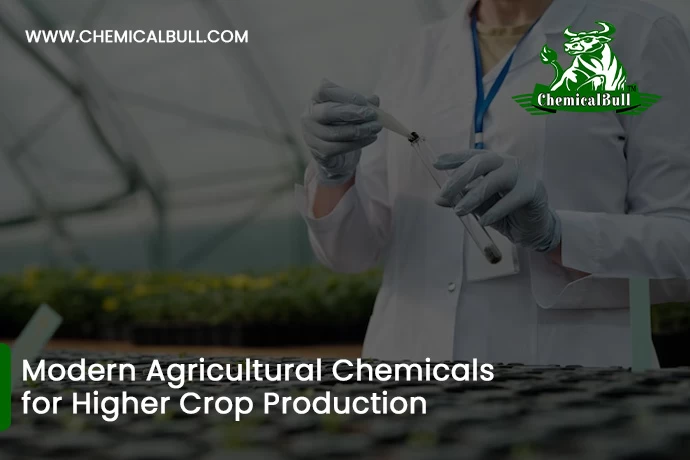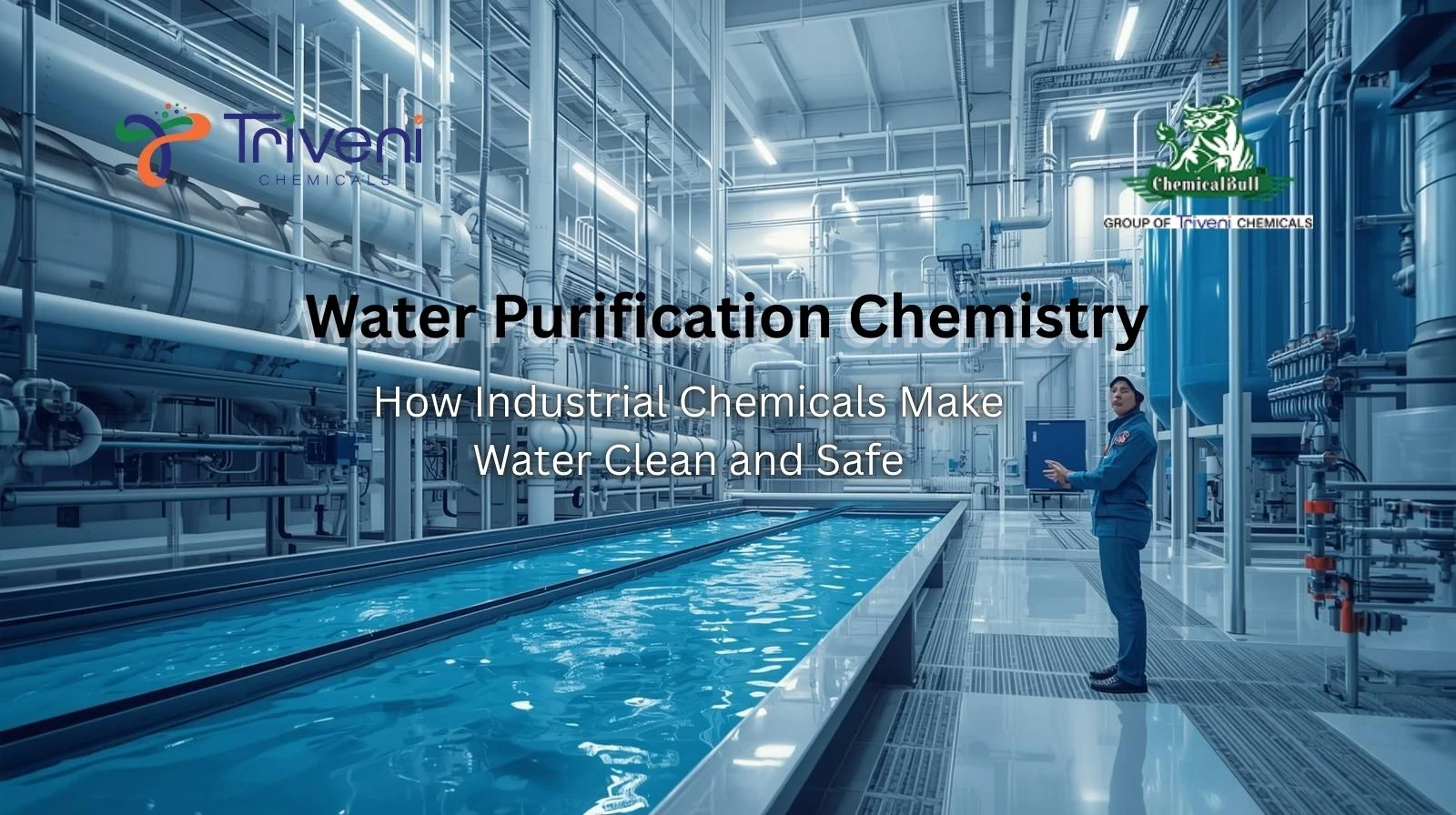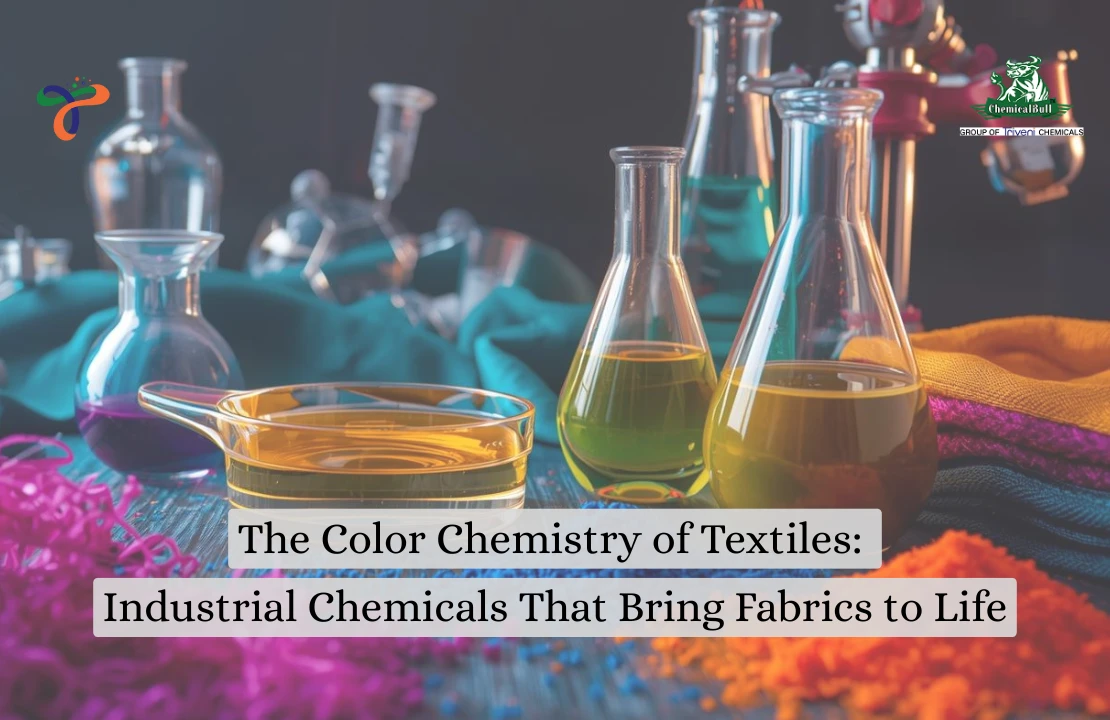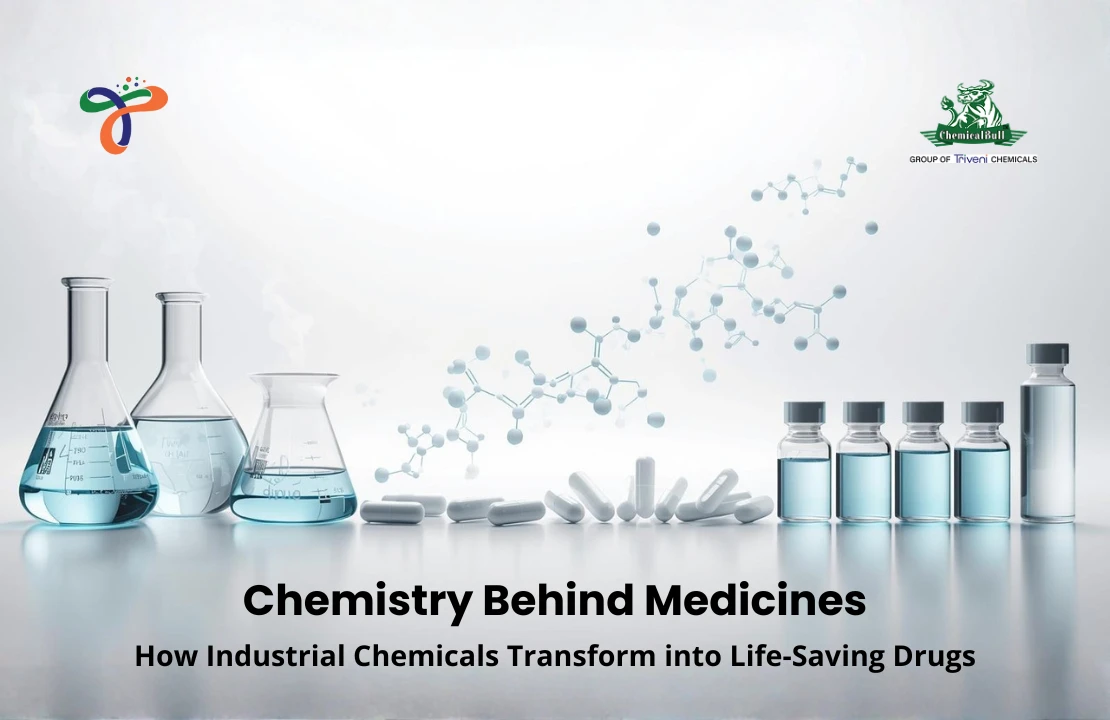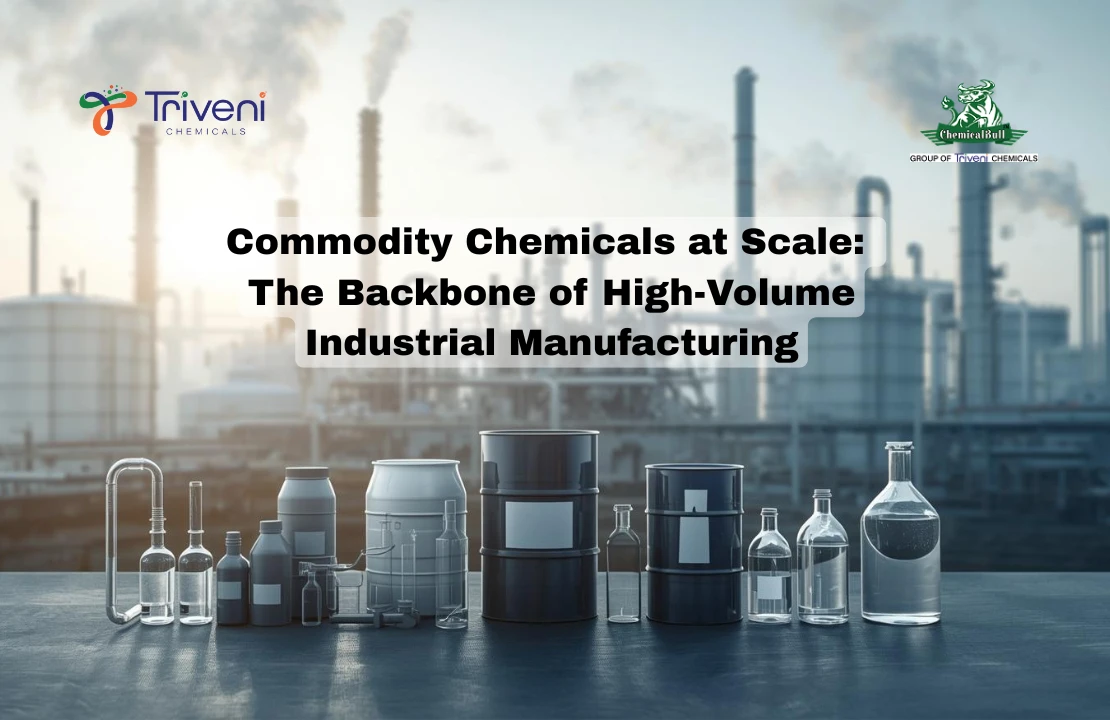Modern Agricultural Chemicals For Higher Crop Production
Introduction: Enhancing Crop Production with Agricultural Chemicals
Agricultural chemicals have played a crucial role in revolutionizing modern farming practices, enabling farmers to maximize crop yields and meet the ever-increasing demands of a growing population. These chemicals encompass a range of products such as fertilizers, pesticides, and soil amendments, each designed to address specific challenges faced by farmers. In this blog, we will explore the evolution of agricultural chemicals, the advancements made in their formulations, and their impact on crop yield and quality.
Evolution of Agricultural Chemicals
Over the years, agricultural chemicals have undergone significant advancements. Initially, the focus was primarily on increasing crop yields through the application of synthetic fertilizers. However, as our understanding of plant physiology and pest management improved, agricultural chemicals expanded to include a wider array of products and techniques.
Products
Two widely used fertilizers are ammonium phosphate and ammonium polyphosphate.
Ammonium phosphate is a compound rich in nitrogen and phosphorus, essential elements for plant growth and development.
Ammonium polyphosphate, on the other hand, provides a slow-release form of nitrogen, ensuring a steady supply of nutrients to plants throughout their growth cycle.
Pesticides
Pesticides have also undergone significant advancements to enhance their effectiveness while minimizing their environmental impact. Biological pesticides, derived from naturally occurring substances or organisms, have gained popularity due to their reduced toxicity and environmental persistence. They offer targeted pest management, effectively controlling pests while minimizing harm to beneficial organisms and the ecosystem.
Improved Formulations
In addition to biological pesticides, innovations in pesticide formulations have played a vital role in reducing their adverse effects. Modern pesticides are designed to be more target-specific, minimizing off-target damage. They are also engineered to have lower toxicity, ensuring the safety of farmers, consumers, and the environment.
Innovations in Fertilizers
Fertilizers have witnessed remarkable innovations to improve their efficiency and sustainability. Controlled-release fertilizers release nutrients gradually over an extended period, ensuring a steady supply to plants and minimizing nutrient runoff. Micronutrient blends have been developed to address specific nutrient deficiencies, enabling farmers to tailor fertilizer applications to the specific needs of their crops.
Precision Application Techniques
Advancements in technology have led to the development of precision application techniques, enabling farmers to apply agricultural chemicals with greater accuracy and efficiency. Technologies such as GPS-guided machinery and drone-based applications allow precise targeting of chemicals, reducing waste and optimizing resource utilization.
Enhancing Soil Health with Soil Amendments
Soil amendments play a vital role in enhancing soil health, promoting nutrient availability, and improving overall crop productivity. Organic matter amendments, such as compost and manure, replenish soil organic carbon, improve soil structure, and enhance water-holding capacity. pH balancing agents help maintain the optimal pH range for different crops, ensuring optimal nutrient availability. Soil conditioners enhance soil physical properties, improving aeration, water infiltration, and root development.
Promoting Sustainable Agriculture through Integrated Pest Management
Integrated Pest Management (IPM) is a holistic approach to pest control that combines various strategies, including biological controls, cultural practices, and judicious use of pesticides. Integrated Pest Management (IPM) focuses on long-term prevention and management of pests, minimizing reliance on chemical pesticides and promoting sustainable agriculture practices. By integrating multiple pest management techniques, farmers can effectively control pests while minimizing environmental impact.
Impact of Agricultural Chemicals on Crop Yield and Quality
The use of agricultural chemicals has had a significant positive impact on crop yield and quality. Fertilizers provide essential nutrients for plant growth, enabling farmers to achieve higher yields and improve crop quality. Pesticides protect crops from pests and diseases, reducing yield losses and ensuring higher-quality produce. Soil amendments enhance soil fertility, leading to healthier plants and improved crop productivity.
Challenges and Future Prospects
Despite the numerous benefits, the use of agricultural chemicals also presents challenges. Environmental concerns, such as water pollution and biodiversity loss, need to be addressed through responsible chemical application practices and regulatory oversight. Additionally, there is a need for continuous research and development to further enhance the effectiveness and sustainability of agricultural chemicals.
Conclusion
Agricultural chemicals have revolutionized modern farming, enabling farmers to enhance crop production and meet the demands of a growing population. The evolution of fertilizers, pesticides, and soil amendments has brought about significant advancements, promoting sustainable agricultural practices. By utilizing targeted pest management, precision application techniques, and soil health enhancement, farmers can maximize crop yields while minimizing environmental impact. As we move forward, it is essential to strike a balance between agricultural productivity and environmental sustainability, ensuring a prosperous future for both farmers and the planet.


